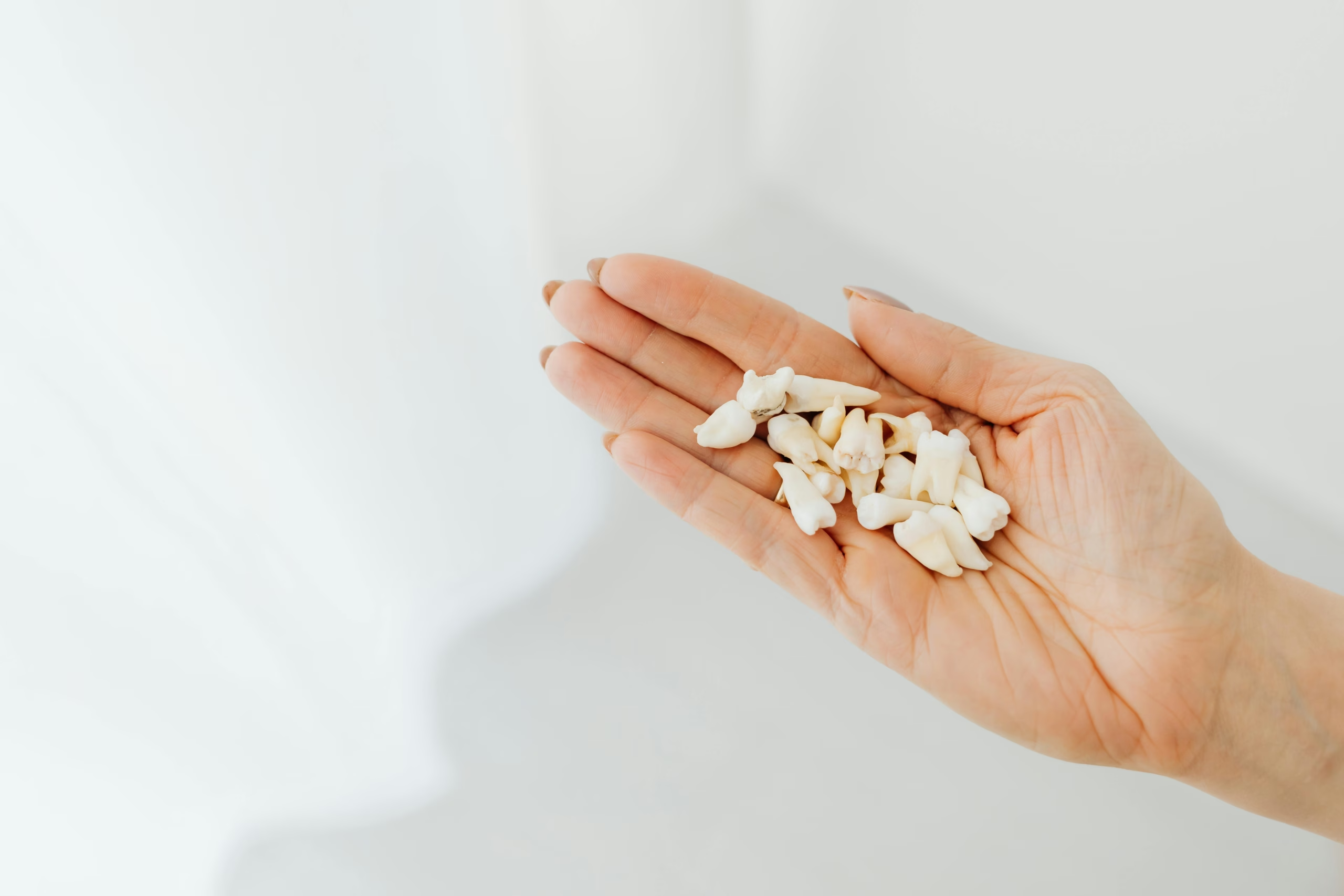What Is the Cause of Tooth Sensitivity?

Ever taken a sip of a cold drink or enjoyed a spoonful of ice cream only to feel a sharp, uncomfortable pain in your teeth? If so, you’re not alone. Tooth sensitivity is a common issue that affects many people, and it can turn eating and drinking into a real discomfort. But what exactly causes this sensitivity, and what can you do about it? Let’s break it down in simple, easy-to-understand terms so you can get to the root of the problem (pun intended!).
What Causes Tooth Sensitivity?
Tooth sensitivity happens when the protective layers of your teeth wear down or are damaged, exposing the softer layer underneath, called dentin. Dentin contains tiny tubes that lead to the nerve of your tooth, and when it’s exposed, certain triggers (like cold, hot, sweet, or acidic foods and drinks) can reach the nerve, causing that sharp, sensitive pain.
Let’s explore some of the most common reasons this happens:
1. Worn Tooth Enamel
Enamel is the hard, outer layer of your teeth, and it’s there to protect the softer dentin underneath. Over time, this enamel can wear down due to brushing too hard, using a hard-bristled toothbrush, or consuming a lot of acidic foods and drinks. When the enamel thins, it leaves the dentin exposed, leading to sensitivity.
2. Gum Recession
Gum recession happens when your gum tissue pulls back, exposing the roots of your teeth. The roots don’t have enamel to protect them, so when they’re exposed, you can experience sensitivity. Gum recession can occur as a result of gum disease (also known as periodontitis) or from brushing too aggressively.
3. Tooth Decay or Cavities
If you have a cavity, the decay can break through your enamel and expose the dentin underneath, which can cause sensitivity. This is why it’s important to visit your dentist regularly—catching a cavity early can prevent it from causing more serious problems, like sensitivity or even tooth loss.
4. Cracked or Damaged Teeth
Cracks or chips in your teeth can lead to sensitivity, especially if the damage exposes the dentin. Even if the crack is tiny, it can let sensations through to the nerve, causing that sharp pain you feel when you eat or drink something cold or hot.
5. Teeth Grinding (Bruxism)
If you grind your teeth at night (something many people do without even realizing it), you could be wearing down your enamel. Over time, this can lead to sensitivity as the protective layer of your teeth gets thinner and thinner.
6. Recent Dental Work
Sometimes, you might notice increased sensitivity after dental procedures like fillings, crowns, or teeth whitening. This is usually temporary and should go away after a few weeks as your teeth recover. However, if it doesn’t, it’s worth checking in with your dentist.
How Can You Treat Tooth Sensitivity?
Now that you know what causes tooth sensitivity, let’s talk about what you can do to manage it. Thankfully, there are several steps you can take to reduce or even eliminate that annoying, sharp pain:
1. Use a Toothpaste for Sensitive Teeth
There are plenty of toothpastes available specifically designed to help with sensitivity. These toothpastes contain ingredients that block the pain signals from your tooth’s nerve to reduce the discomfort. Using a sensitive toothpaste regularly can make a big difference over time.
2. Brush Gently with a Soft-Bristled Toothbrush
Brushing too hard or using a hard-bristled toothbrush can wear down your enamel and irritate your gums, making sensitivity worse. Switch to a soft-bristled toothbrush and be mindful of your brushing technique—gentle circular motions are best.
3. Watch What You Eat and Drink
Acidic foods and drinks, like citrus fruits, soda, and wine, can wear away enamel and make sensitivity worse. Try to limit your intake of these foods, and if you do indulge, rinse your mouth with water afterward to help wash away the acids.
4. Visit Your Dentist Regularly
Regular dental check-ups can help catch any issues—like cavities or gum disease—before they lead to sensitivity. If you’re experiencing sensitivity, let your dentist know so they can recommend the best treatment for your situation. Sometimes, a fluoride treatment or dental bonding can help protect your teeth.
5. Consider a Night Guard
If you grind your teeth at night, a night guard can protect your enamel from further wear and tear. Your dentist can fit you for a custom night guard to wear while you sleep, which will help reduce the damage caused by grinding.
Conclusion: Take Care of Your Teeth and Sensitivity Can Improve
Tooth sensitivity can be a real pain, but understanding what causes it is the first step in managing it. Whether it’s switching to a softer toothbrush, using a special toothpaste, or talking to your dentist about a treatment plan, there are plenty of ways to reduce sensitivity and protect your teeth from further damage.
And if you ever need quick advice or aren’t sure what’s causing your sensitivity, apps like Toothfairy can connect you to licensed UK dentists who can guide you through your next steps—all from the comfort of your home.
So, if you’re experiencing tooth sensitivity, don’t just grin and bear it! Take action today and start feeling more comfortable when you eat and drink. Your teeth will thank you.
Last updated on November 15, 2024

Kian Dhinsa
Dr. Kian Dhinsa is a Birmingham-based dental practitioner with a special interest in orthodontics, general dentistry, and and surgery.
He has been recipient of numerous awards, for dental care and digital innovation.
Kian Dhinsa
Dr. Kian Dhinsa is a Birmingham-based dental practitioner with a special interest in orthodontics, general dentistry, and and surgery. He has been recipient of numerous awards, for dental care and digital innovation.





